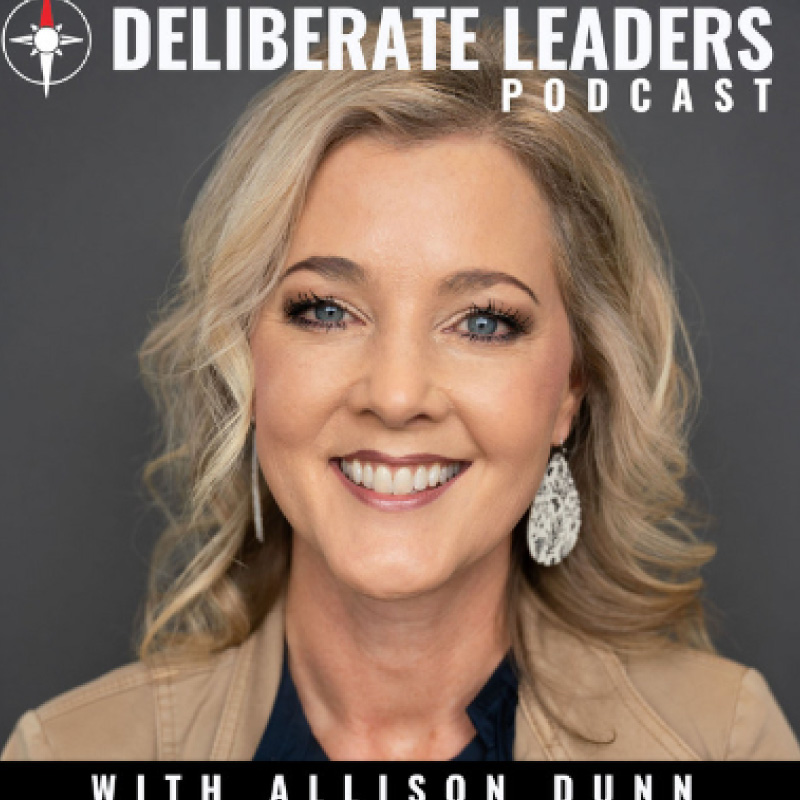
Why does a moral compass matter for today's leaders? How can leaders navigate issues when employees' personal values conflict with corporate values? Dive into this discussion between leadership coach Allison Dunn and common decency expert Colleen Doyle Bryant, on the Deliberate Leaders Podcast.
Allison Dunn is an award-winning coach and leadership facilitator helping executives uncover blind spots, strengthen leadership and unleash growth in their organizations. Join her discussion with Colleen Doyle Bryant, author of the book, Rooted in Decency, with a dive into why values and common decency matter in the workplace. The Podcast includes topics like:
- Why does a leader not only need to have a moral compass, but be able to explain it to employees?
- How can leaders talk to employees who want to know if corporate values match their personal values?
- What's the cost of losing common decency at work? How does building shared values help the bottom line?
- Should leaders expect employees to treat each other like family?
Listen in to The Deliberate Leaders Podcast or watch it on YouTube below
What's your number one tip for leaders?
"My number one tip for leaders is that they need to know what their own guiding principles are. What is the moral compass that guides how you think through what's right and what's wrong? And not just what [your principles] are, but how would you explain that to somebody else.
…As a leader if you can't explain how you would think through a complex issue then it's going to be pretty hard to empower [your employees] to think the way you would want them to when you're not there to guide them."
How do we deal with team members who are prioritizing their personal values over corporate values?
"There's this great concept called the public justification … from John Rawls. …He said [that] around your kitchen table you can think whatever you want … but when we're in a public space where we're working with other people and we need to cooperate and compromise, then our justifications need to come from shared values.
If you are in a corporation, by nature of being in that corporation, you're agreeing with the ground rules and the priorities for that corporation.
Instead of saying, “Well this is my belief and this is just who I am,” you would need to say something like, “Well here's why I think there's harm being caused. Here's why I think it's not fair or here's how I think that it's a matter of disrespect. Here's how it violates a corporate value ... Then you have a reasonable argument."










